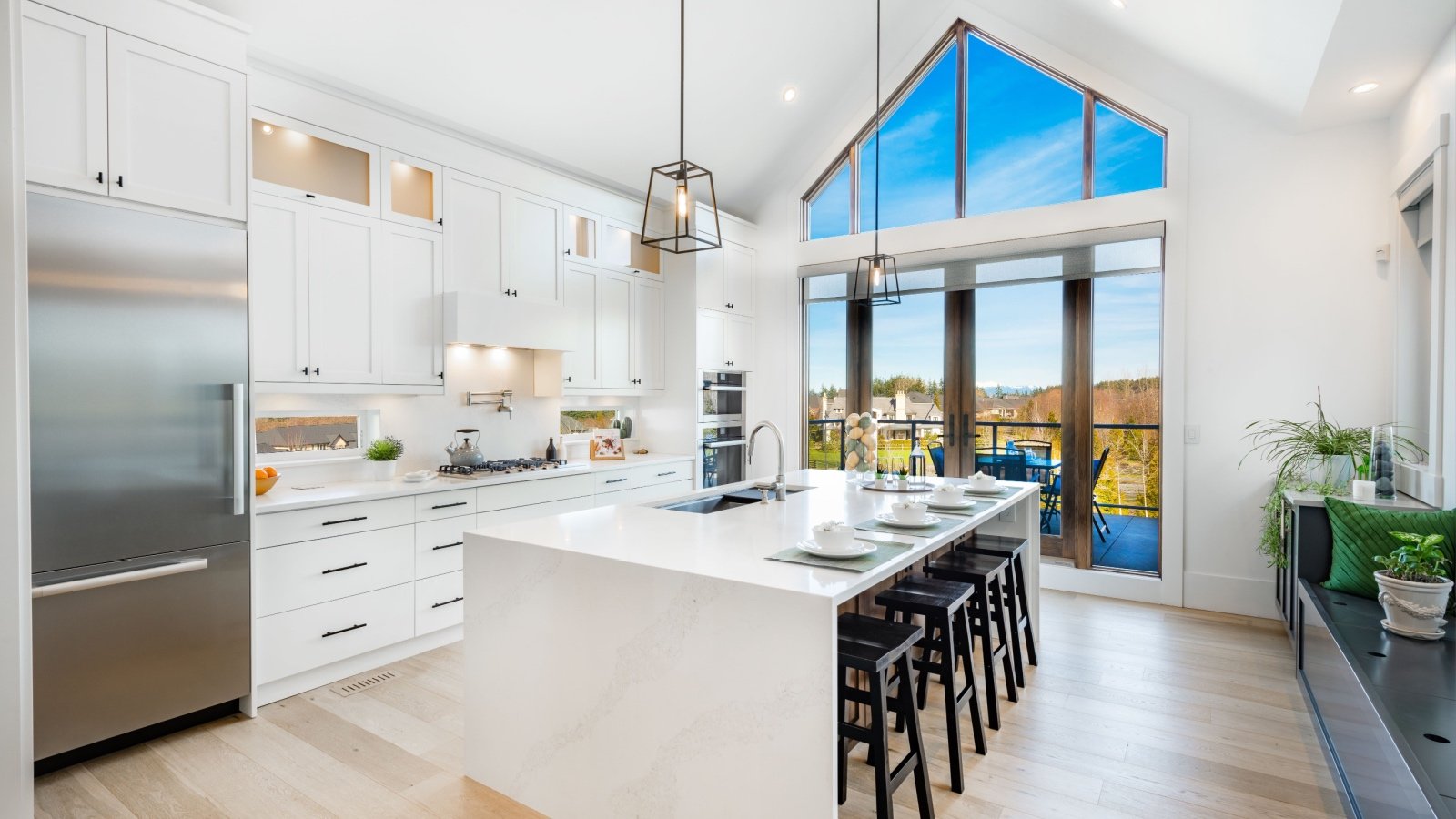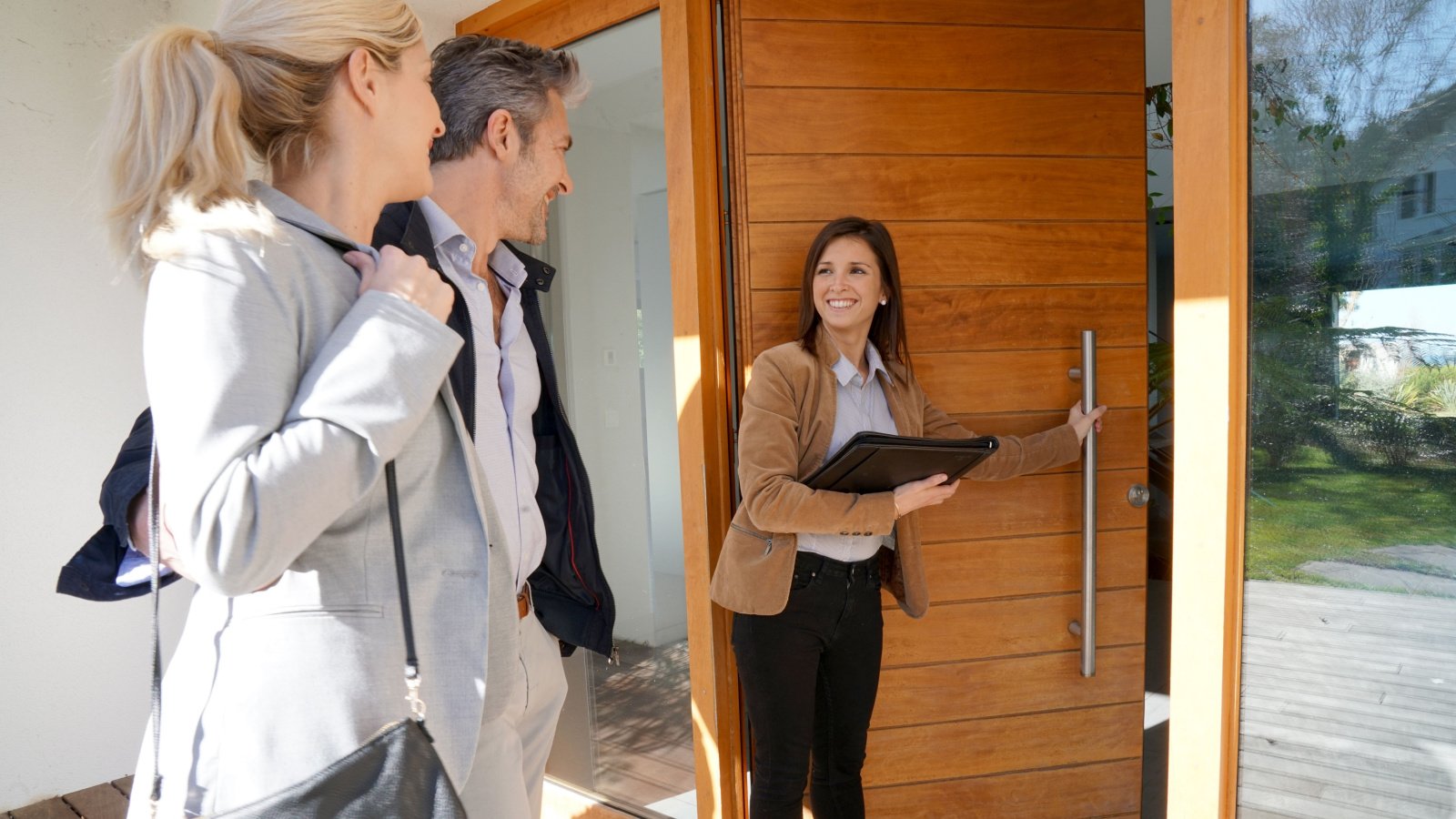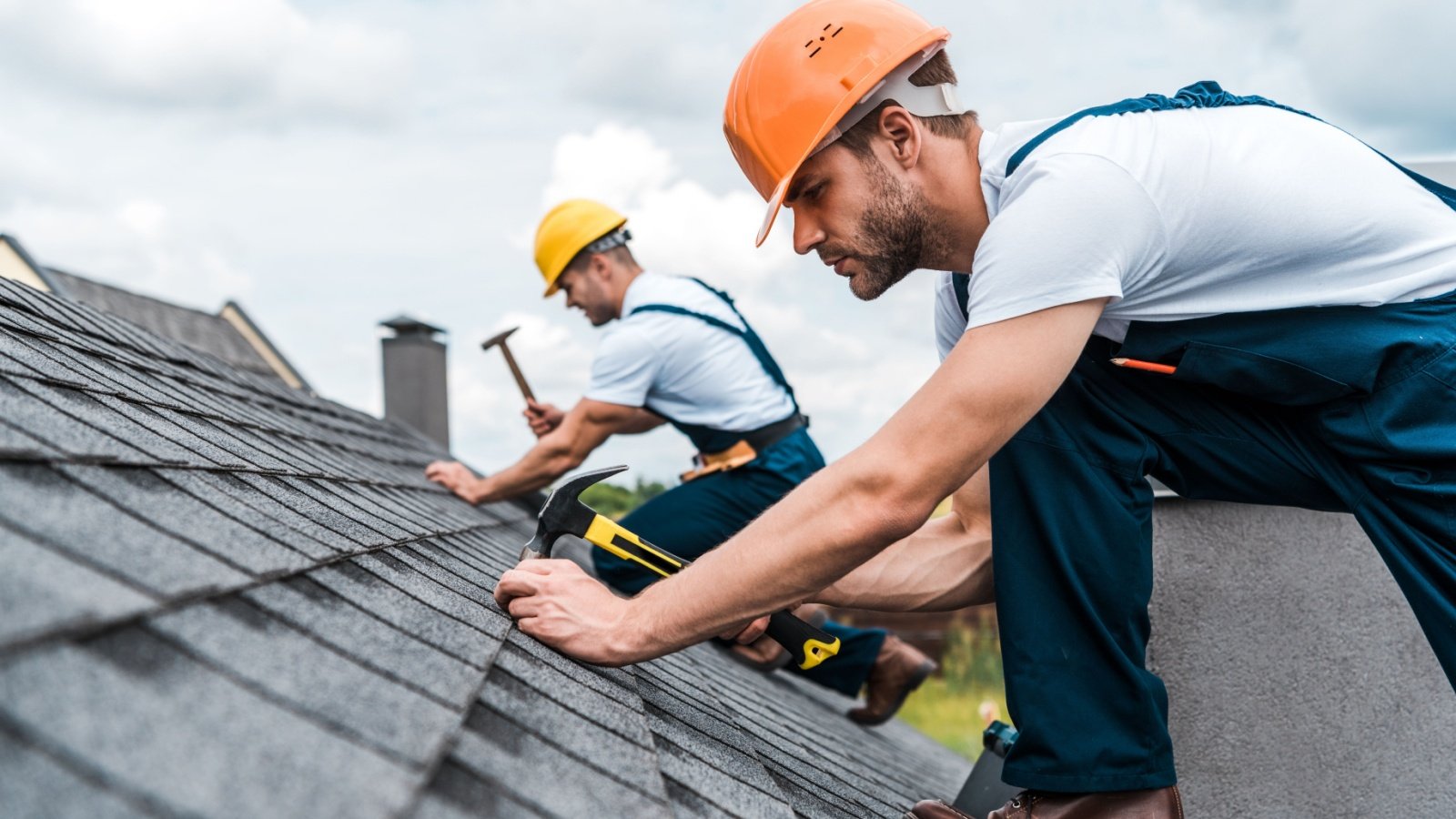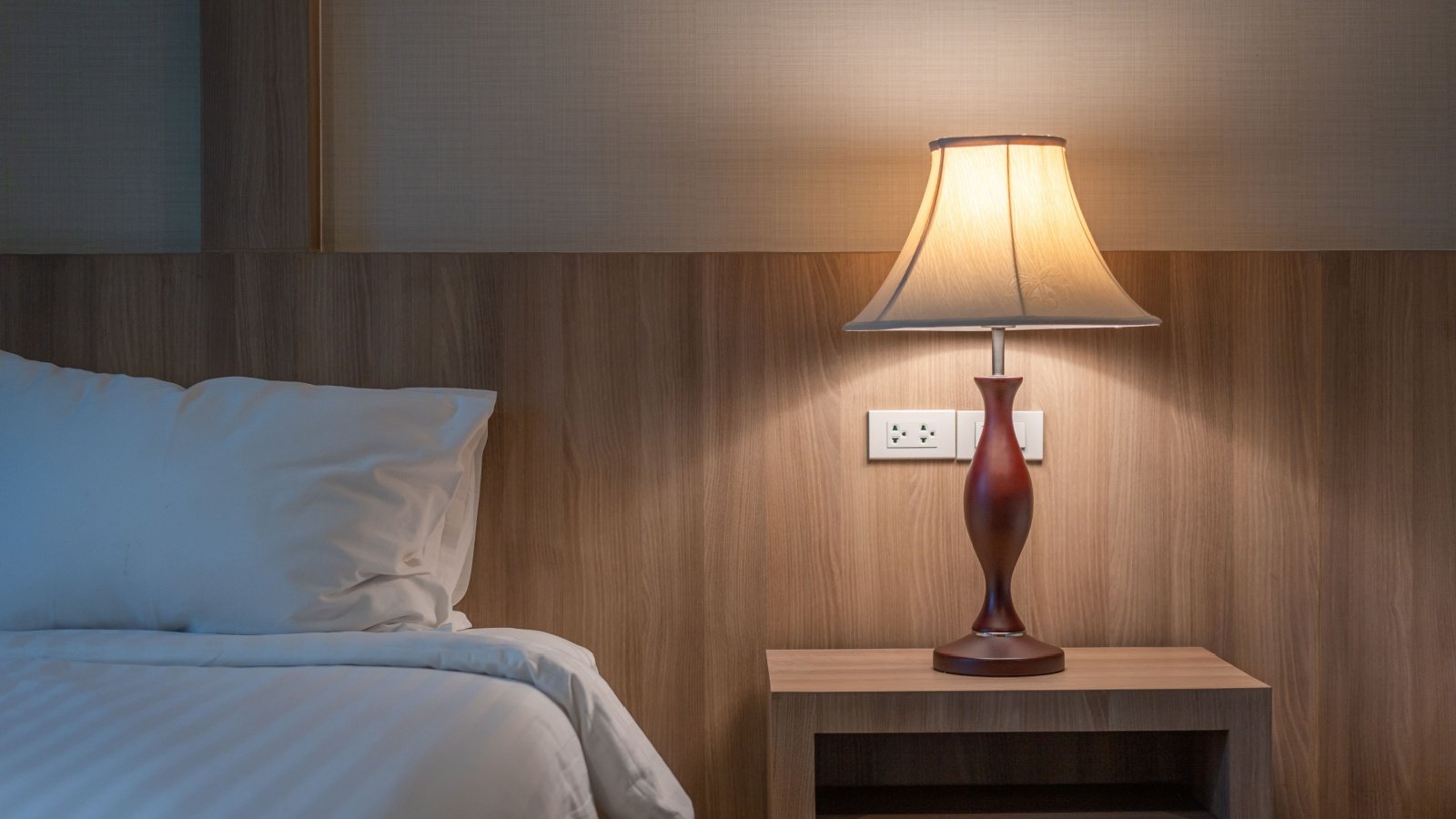Buying a home is a monumental step, but it comes with hidden costs that many overlook. From unexpected fees to ongoing expenses, these financial surprises can strain your budget if unprepared, warns Income Realty Management Services.
Understanding these hidden costs is essential for making a sound investment. Here are the most common, often-forgotten expenses that every homebuyer should anticipate.
Home Inspection Fees

A thorough home inspection is crucial before finalizing a purchase. This service, costing between $300 to $500, can uncover potential issues like structural damage or faulty wiring. Skipping it could lead to costly repairs down the line.
Appraisal Fees

Lenders require an appraisal to determine the home’s market value, typically costing $300 to $400. This ensures the property is worth the loan amount. An unexpectedly low appraisal could affect your mortgage approval or terms.
Property Taxes

Property taxes are an ongoing expense that varies by location. Many new homeowners are surprised by the annual cost, which can range from hundreds to thousands of dollars. It’s essential to factor this into your long-term budget.
Private Mortgage Insurance (PMI)

If your down payment is less than 20%, lenders often require PMI. This insurance protects the lender if you default on the loan and typically costs 0.3% to 1.5% of the loan amount annually. PMI can significantly increase your monthly mortgage payment.
Homeowners Insurance

Homeowner insurance is mandatory for mortgage approval and protects against damages or losses. The average annual cost is around $1,200 but varies based on location and home value. It’s important to shop around for the best rates.
Maintenance and Repairs

Homes require regular maintenance and unexpected repairs. Budgeting 1% to 2% of the home’s purchase price annually for upkeep is a good rule of thumb. Ignoring maintenance can lead to bigger, more expensive problems.
Utility Costs

New homeowners often underestimate the cost of utilities like water, electricity, gas, and trash removal. These expenses can vary widely depending on the home’s size, location, and efficiency. Reviewing previous utility bills can provide a realistic estimate.
Homeowners Association (HOA) Fees

If your new home is in a community with an HOA, you’ll need to pay monthly or annual fees. These can range from $100 to $1,000 or more, depending on the amenities and services provided. Failing to pay HOA fees can result in fines or legal action.
Moving Costs

Hiring movers, renting a truck, and purchasing packing supplies can add up quickly. Moving costs typically range from a few hundred to several thousand dollars, depending on the distance and amount of belongings. Planning ahead can help manage these expenses.
Landscaping

Maintaining or updating your new home’s landscaping can be an unexpected expense. This includes lawn care, tree trimming, and seasonal plantings. Budgeting for regular maintenance can keep your yard looking great and increase your home’s curb appeal.
Pest Control

Regular pest control is essential to prevent infestations of termites, rodents, and other pests. Annual costs can range from $100 to $500 or more, depending on the severity of the issue. Ignoring pest control can lead to significant damage and health risks.
Renovation and Upgrades

Many new homeowners want to personalize their space with renovations or upgrades. Whether it’s a new kitchen or bathroom remodel, costs can quickly escalate. It’s important to set a realistic budget and prioritize projects.
Furniture and Decor

Furnishing a new home can be a substantial expense. From essential furniture to decorative items, these costs add up. Shopping sales and considering second-hand options can help save money.
Closing Costs

Closing costs include fees for the loan origination, title search, and other administrative expenses, typically totaling 2% to 5% of the purchase price. These costs are often due at the time of closing and can be a significant out-of-pocket expense.
Property Survey

A property survey, costing around $500, verifies the property’s boundaries and identifies any encroachments. This is especially important for resolving disputes with neighbors and ensuring you get what you’re paying for.
Title Insurance

Title insurance protects against potential legal disputes over property ownership. The cost is typically around $1,000 but provides peace of mind. It’s a one-time fee paid at closing and covers any claims that arise after purchase.
Loan Application Fees

Applying for a mortgage involves various fees, including application, processing, and underwriting fees. These can total several hundred dollars and are often non-refundable. It’s wise to compare lenders to minimize these costs.
Flood Insurance

If your home is in a flood-prone area, standard homeowners insurance won’t cover flood damage. Flood insurance is a separate policy, costing around $700 annually. It’s a necessary expense to protect your investment from natural disasters.
Legal Fees

Hiring a real estate attorney to review contracts and handle legalities can cost $500 to $1,500. While not always required, it ensures your interests are protected throughout the buying process. This expense can prevent costly legal issues later on.
Home Warranties

A home warranty covers repairs and replacements of major home systems and appliances. Annual premiums range from $300 to $600, with service call fees for each claim. It provides financial protection against unexpected breakdowns.
Storage Costs

If your move is staggered or you have excess belongings, storage costs can add up. Monthly rental fees for storage units vary based on size and location. It’s an often-overlooked expense that can impact your moving budget.
New Locks and Security Systems

Changing locks and installing security systems is crucial for safety in a new home. The cost can range from $100 for new locks to over $1,000 for advanced security systems. Investing in security enhances peace of mind and protection.
Utility Connection Fees

Setting up new utility accounts often involves connection fees. These can include electricity, gas, water, internet, and cable services. Budgeting for these initial costs ensures a smooth transition to your new home.








